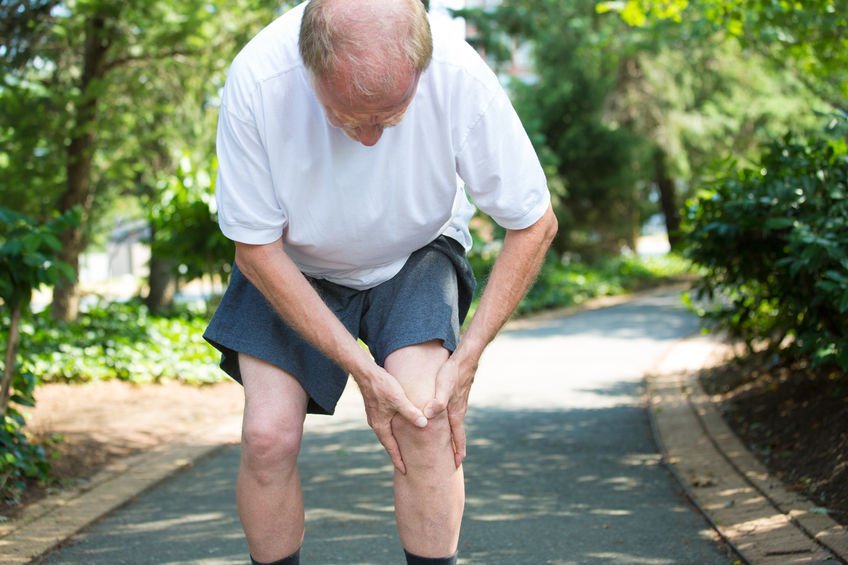Osteoarthritis of the Knee
What is it?
Osteoarthritis (OA) is a common degenerative joint disease that affects almost all the joints of the body. The knees are some of the most commonly affected joints, with many people experiencing at least a small degree of osteoarthritis over the age of 40. The disease is characterised by degradation of the cartilage that lines the surfaces of the joint, growth of osteophytes or bony spurs, pain, stiffness and swelling.
What are the symptoms?
Stiffness in the morning that lasts less than 20 minutes and pain with movement, clicking, crepitus, swelling and a generalised reduction in joint range of motion are all common symptoms of osteoarthritis. As OA is a progressive disease, the condition is categorised into stages to help describe symptoms and guide treatment. Early stages of OA may have only mild symptoms, however as the disease progresses, a joint replacement may be required.
What causes it?
While aging is the most significant risk factor for the development of OA, it’s not an inevitable outcome of growing older. Other factors that may predict the development of OA are obesity, family history, previous joint injury, high impact sporting activities and peripheral neuropathy. It is thought that abnormal wear and tear or stress on the joint is the primary cause of OA. It is also important to note that many people will have changes on X-Ray that show OA, however, will have no symptoms – which indicates that simply having OA is not a sentence for having pain.
What is the treatment?
Your physiotherapist is first able to help diagnosis and differentiate OA from other conditions that may have similar symptoms. An X-Ray can confirm the diagnosis and can be helpful in determining the best course of treatment to follow.
While OA is a progressive disorder, there is often a significant improvement that can be made simply by addressing lifestyle factors and any biomechanical factors that may be contributing to pain.
How can physio help?
Your physiotherapist is able to guide you with strengthening exercises to support the joint, advice for adapting your exercise routine and can even help you to lose weight, all of which have been shown to have a positive impact on the symptoms of OA.
If surgery is the right course for you, your physiotherapist is able to guide you through this treatment pathway, helping you to prepare and recover from surgery to get the best outcome possible.
If you require any further information on knee pain then click here, or call us on 028 92666959, or email info@gavnoble.com
None of the information in this post is a replacement for proper medical advice. Always see a medical professional for advice on your individual injury.
